British researchers were surprised to discover a unique chicken egg that was perfectly preserved after more than 1,700 years and still contained liquid.
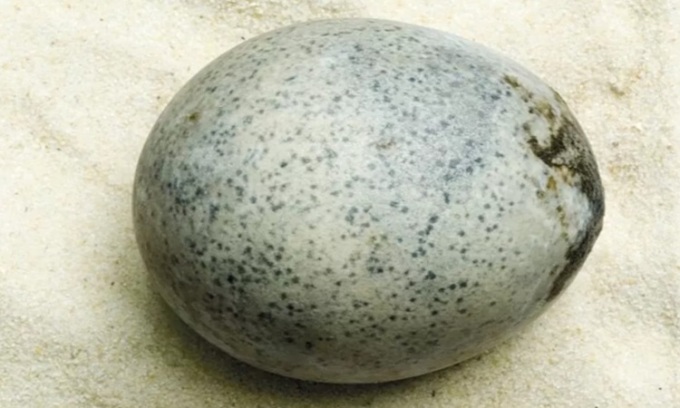
An intact egg unearthed at Berryfields. Photo: Oxford Archaeology
The ancient egg was found during excavations at the Berryfields site in Buckinghamshire, south-east England, between 2007 and 2016. During the excavations, archaeologists discovered a large water-filled pit dating back to between 270 and 300 AD, during the Roman period in Britain. Inside the pit, they found pottery vessels, coins, leather shoes, animal bones and a woven basket containing the eggs.
"The eggs are a rare and exciting find. Despite the extremely fragile nature of the eggs, the team at the site recovered an intact egg," said Buckinghamshire Council's archaeology and heritage team.
To learn more about the egg, which was likely a chicken egg, conservation expert Dana Goodburn-Brown took it to Chris Dunmore, a paleoanthropologist at the University of Kent in England, in August 2023. Dunmore and Goodburn-Brown took a CT scan of the egg at the university and found it was filled with liquid and an air bubble.
"It is assumed that it is the remains of a yolk and white. Two other eggs found with the intact egg broke after being exposed to air and released a sulfur-smelling liquid, revealing their original composition," said Edward Biddulph, project manager of Oxford Archaeology (OA), the charity that is promoting the Berryfields excavation.
Roman eggs have been found in Britain before, but only in shell fragments, making the Berryfields egg extremely rare. Dating the pit suggests the egg is at least 1,700 years old. The pit was originally used for water extraction for malting and brewing beer. The nest survived because it was buried in soft, wet mud, which protected it from being crushed and created anaerobic conditions that prevented bacteria from decomposing the egg’s contents. In contrast, other organic objects found with the nest, such as the basket, were decomposed.
After the residents of the Roman settlement of Berryfields stopped drawing water from the pit, they used it for rituals, placing coins, pottery jars and eggs into the pit as food and offerings to the gods for good luck, similar to the practice of throwing coins into fountains.
Because of the uniqueness of the find, the egg has great research potential. Traditionally, paleontologists and other archaeologists have studied ancient birds using bones and egg fragments. Analyzing the egg’s contents would open up a broader field of study. Scientists hope to confirm the species that laid the egg, and thus learn more about the environment in which it lived.
An Khang (According to Newsweek )
Source link








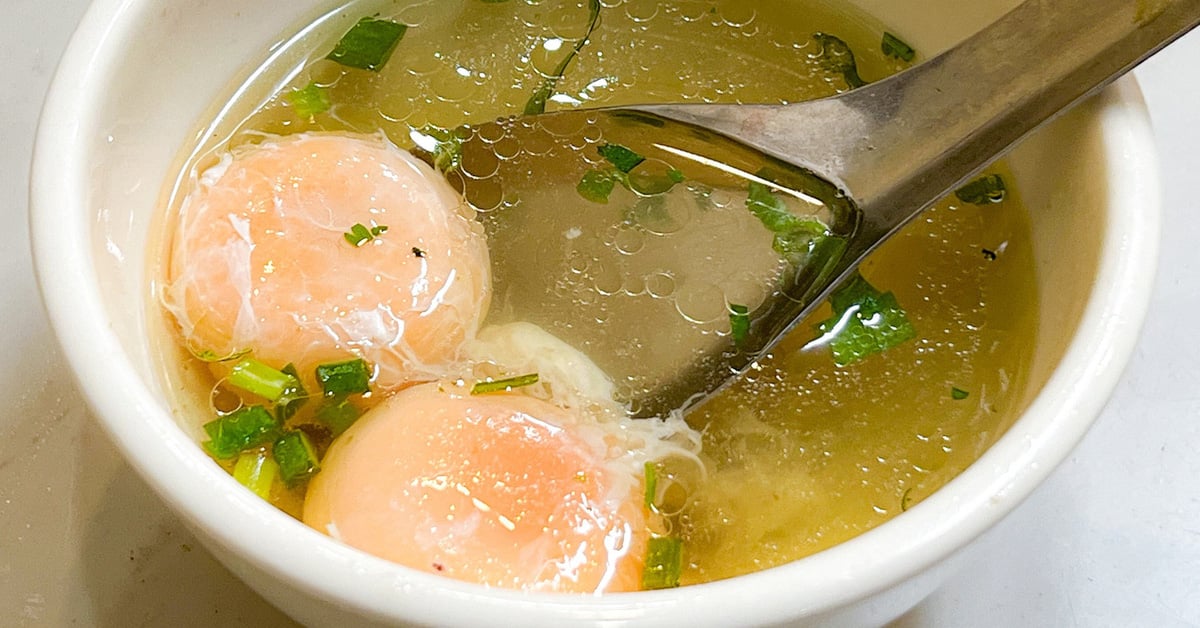



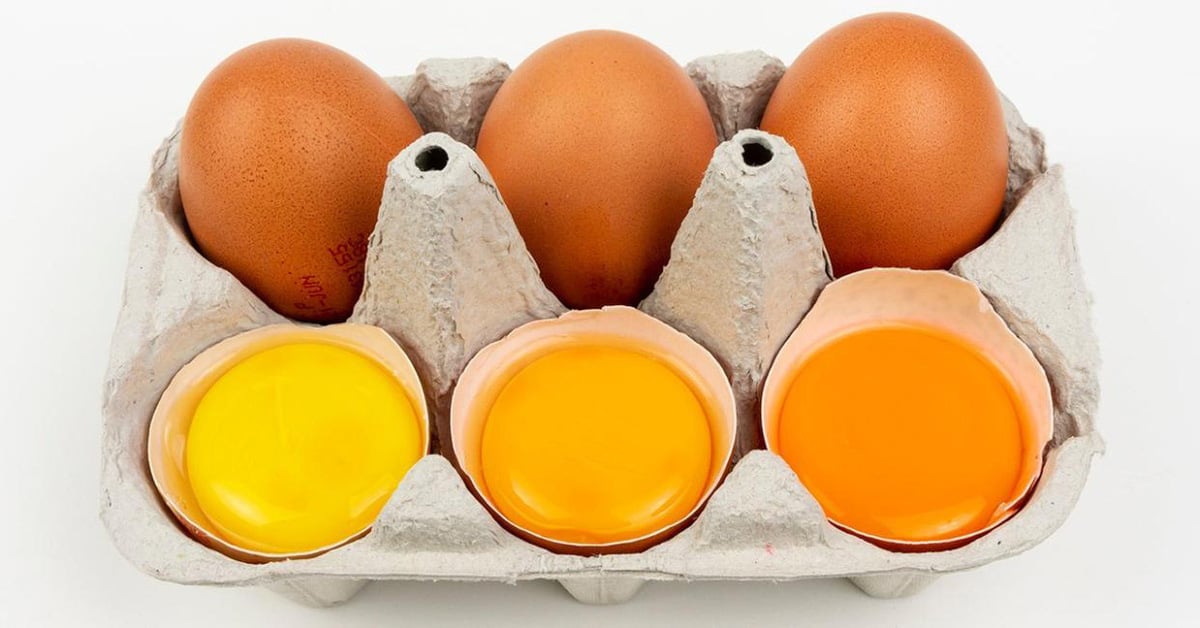



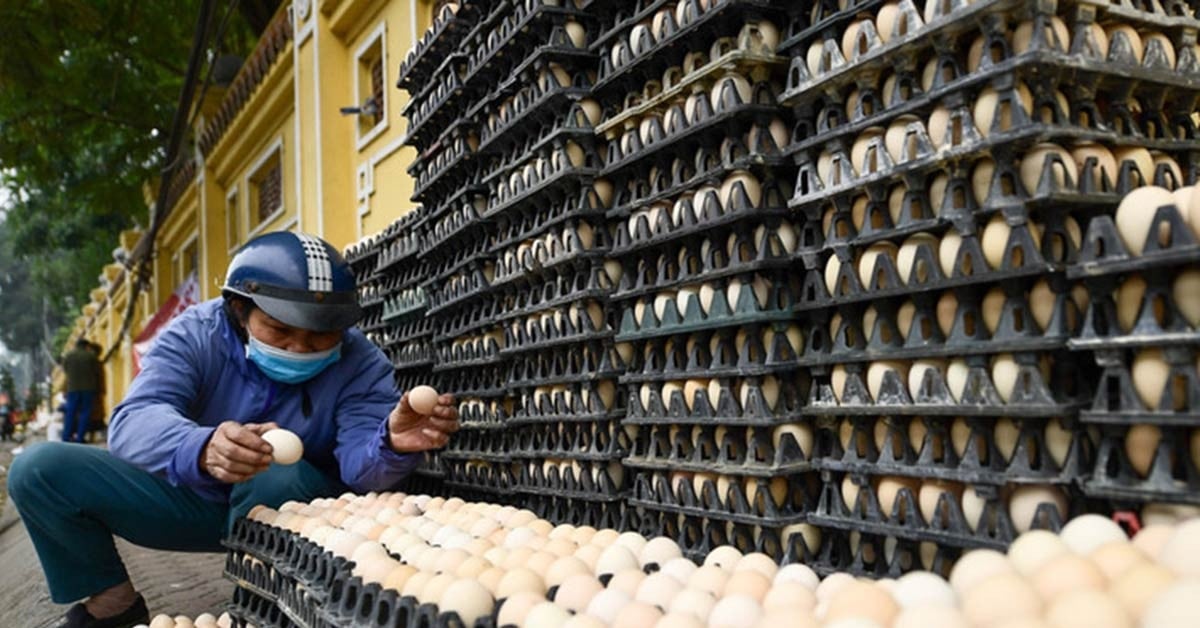






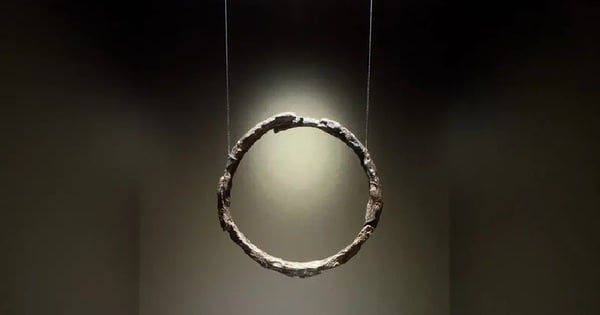









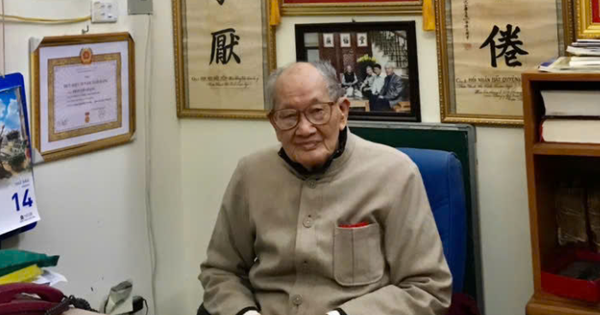












Comment (0)